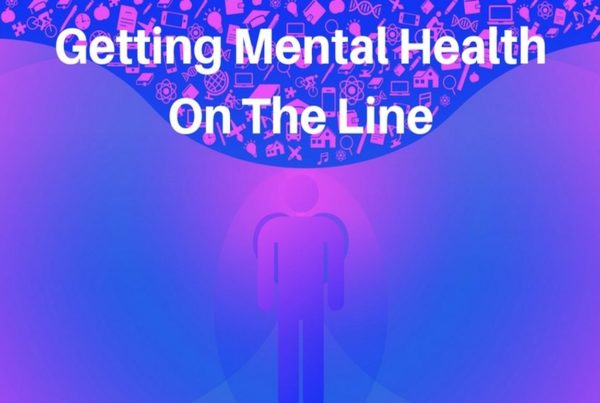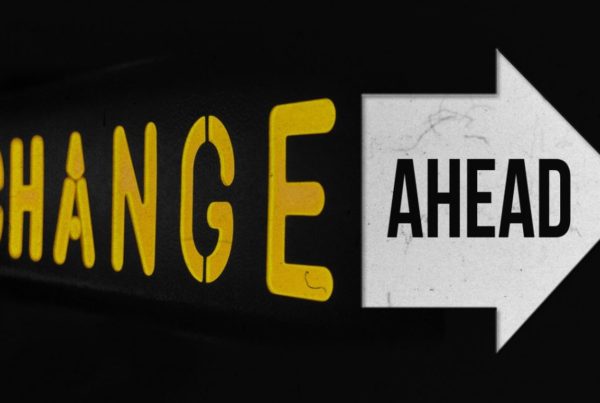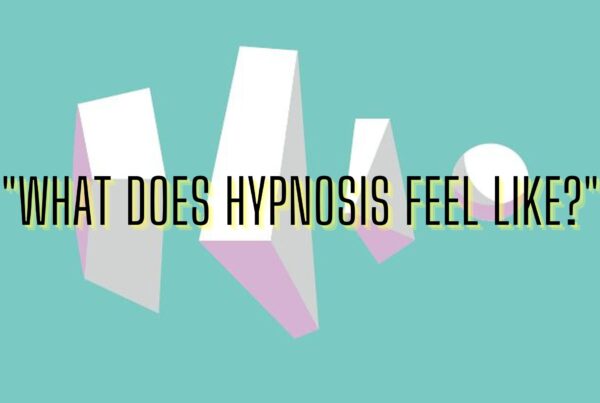A Guide to Anger Management Techniques and Relaxation Strategies
Anger can be both a motivator and a destroyer. While it serves as a natural response to perceived threats, uncontrolled anger can wreak havoc on relationships, health, and overall quality of life. This guide delves deep into anger management techniques and relaxation strategies, equipping you with actionable tools to foster calmness, emotional resilience, and healthy reactions.
What is Anger Management?
Anger management involves recognising anger triggers, understanding its effects, and implementing strategies to respond constructively rather than destructively. It focuses on channeling this powerful emotion in ways that protect your relationships, mental health, and daily life.
Core Goals of Anger Management:
- Transform impulsive reactions into thoughtful responses.
- Minimise harm to yourself and others.
- Build emotional resilience and develop healthier coping mechanisms.
Why It Matters: Unchecked anger can lead to heightened stress, physical health issues like hypertension, and strained interpersonal relationships. By mastering anger management, you pave the way for a balanced emotional state and improved well-being.
The Role of Relaxation in Anger Management
Relaxation is an essential tool in managing anger effectively. Anger often triggers the body’s fight-or-flight response, which heightens physical and emotional tension. Relaxation techniques counteract this response, creating space for calm, rational thinking.
How Relaxation Helps:
- Reduces stress hormones like cortisol and adrenaline.
- Lowers blood pressure and heart rate.
- Promotes a balanced perspective in challenging situations.
Incorporating relaxation strategies into daily routines enhances emotional control and resilience.
Diaphragmatic Breathing: The Foundation of Calmness
Diaphragmatic breathing, also called abdominal breathing, is a simple yet effective technique for calming the mind and body. Unlike shallow chest breathing, it engages the diaphragm to improve oxygen exchange and reduce tension.
Step-by-Step Guide:
- Position Yourself: Sit or lie down in a comfortable position.
- Place Your Hands: One hand on your chest, the other on your abdomen.
- Breathe In: Inhale deeply through your nose, letting your abdomen expand.
- Breathe Out: Exhale slowly through your mouth, noticing your abdomen fall.
- Repeat: Continue this cycle for 5–10 minutes, focusing on each breath.
Practical Use: When faced with a triggering event, pause and take 5–10 deep breaths to reset your physiological response.
Progressive Muscle Relaxation (PMR): Releasing Physical Tension
PMR systematically targets muscle groups to release physical tension, a common symptom of anger. It helps individuals become aware of stress in their bodies and offers immediate relief.
Steps for PMR:
- Prepare: Find a quiet space and lie or sit comfortably.
- Focus on Muscle Groups: Starting from your feet, tense each group for 5–10 seconds and then release.
- Visualise Relaxation: Imagine tension flowing out of your body as you relax each muscle.
- Complete the Cycle: Work upwards to your face and neck.
Quick Variation: If you’re pressed for time, focus on key areas like the jaw, shoulders, and hands, which often hold the most tension.
Mindfulness and Meditation: Staying Present in the Moment
Mindfulness encourages non-judgmental awareness of the present, helping you manage anger by observing it without reacting impulsively. This creates space for thoughtful decision-making and emotional regulation.
How to Practise Mindfulness:
- Set the Scene: Choose a quiet environment free from distractions.
- Anchor Your Attention: Focus on your breath, body sensations, or a mantra.
- Observe Without Judging: Acknowledge thoughts and emotions as they arise, letting them pass without engagement.
Long-Term Benefits: Regular mindfulness practice rewires the brain to handle stress and anger more effectively, reducing reactivity over time.
Anger Management Strategies
Mastering anger management and relaxation strategies is an empowering journey toward emotional balance and improved relationships. Whether through breathing, mindfulness, or physical activity, the key lies in consistent practice and a willingness to adapt. With these tools, you can turn anger from a destructive force into a constructive driver for personal growth.
Release Hypnosis Melbourne Hypnotherapy
Since 2015, Lawrence Akers has been working under the name Release Hypnosis offering Hypnotherapy and ACT based work to the people of Melbourne or an online service. Based on St Kilda Rd, Release Hypnosis is an easy and convenient location to get to and accessible by the ANZAC station train and tram stop. Release Hypnosis can help with a wide range of presenting issues, and I offer a free 30 minute no obligation discovery call for those who are unsure if hypnotherapy is the right way forward for them.
Book Your FREE 30 Minute Consultation With Release Hypnosis NOW!
You may also like to read:
Hypnotherapy: A Guide to Healing Through the Subconscious
The Neuroscience of Gratitude and Effects on the Brain: Unlocking Mental Resilience
Best Hypnotherapy Resources 2024: Release Hypnosis Top Blogs
What Is The Success Rate of Hypnosis?
Release Hypnosis Melbourne Hypnotherapy is accessible for people in: Abbotsford, Armadale, Albert Park, Balwyn, Bentleigh, Black Rock, Box Hill, Brighton, Brunswick, Bulleen, Bundoora, Camberwell, Canterbury, Carnegie, Caulfield, Chadstone, Cheltenham, Clayton, Coburg, Collingwood, Deer Park, Doncaster, Elsternwick, Eltham, Elwood, Epping, Essendon, Fairfield, Fitzroy, Footscray, Glen Iris, Glen Waverley, Glenhuntly, Greensborough, Hampton, Hawthorn, Heidelberg, Highet, Ivanhoe, Kew, Kooyong, Lalor, Laverton, Lower, Plenty, Macleod, Malvern, Middle Park, Moonee Ponds, Melbourne, Moorabbin, Mount Waverley, Murrumbeena, Northcote, Oakleigh, Ormond, Parkville, Pascoe Vale, Port Melbourne, Prahran, Preston, Richmond, Rosana, Sandringham, South Yarra, South Melbourne, Spotswood, St Albans, St Kilda, Surrey Hills, Templestowe, Thornbury, Toorak, Tullamarine, Williamstown, Yarraville, North Melbourne, Windsor, East Melbourne, Melbourne, Melbourne CBD, Melbourne 3004








